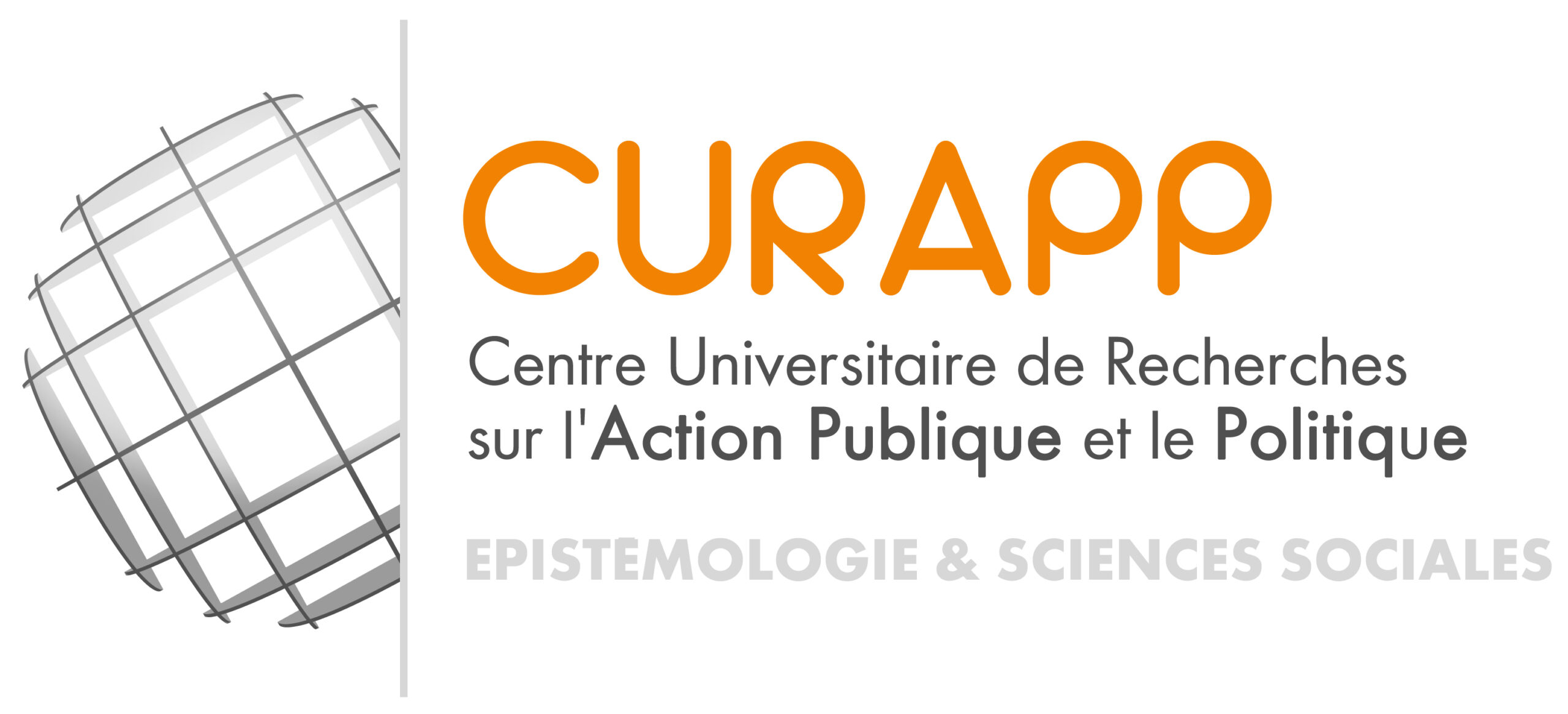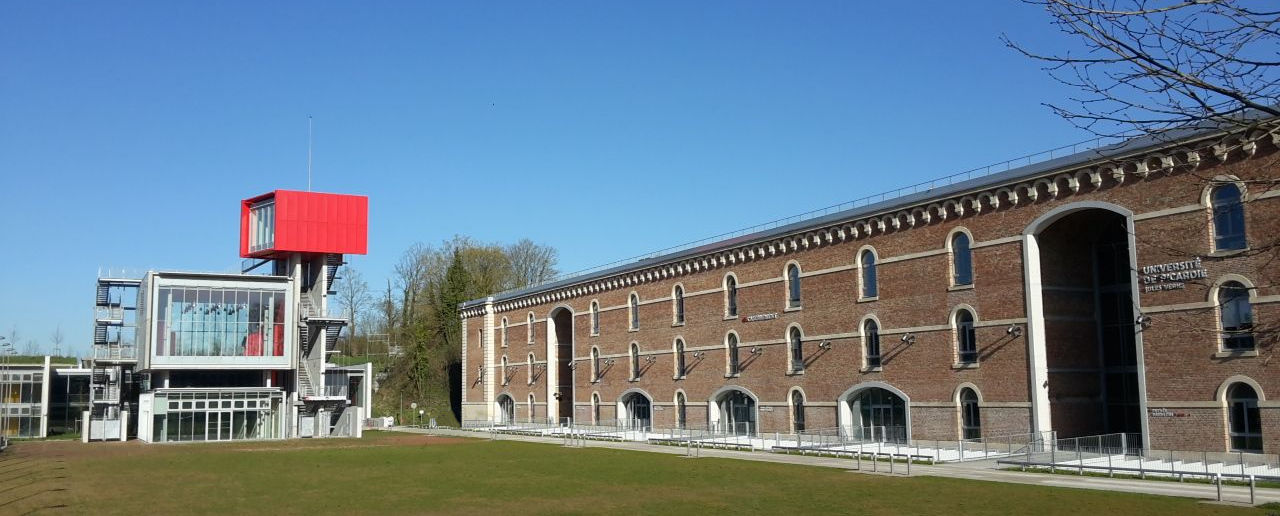The social production of elections
The research projects related to this first theme study the evolution of elected representatives as a profession, and the transformations of electoral involvement mechanisms and of electoral operation reconfiguration, especially under the influence of opinion polls. These studies are conducted as part of several joint projects. The ELUAR (“Les ELUs et l’ARgent”, i.e. ‘Elected representatives and money’) project of the National Research Agency (“Agence Nationale de la Recherche”, i.e. ANR) analyses the material conditions of electoral mandates and associates CURAPP with several Joint Research Units (“Unités Mixtes de Recherche”, i.e. UMR) including the Center for Sociology in Nantes (“CEentre nantais de sociologie”, i.e. CENS).
The other projects are: a specific section entitled “New Electoral Sciences” in the 2017 program of the French Association for Political Science; a “structuring” project funded by the Regional Council and entitled “VOTHAN, What citizenship for disabled people in France?” conducted together with Sciences Po Saint-Germain-en-Laye; an in-depth study of the Front National implementation networks; and a research on election administration in authoritarian contexts (in Egypt, as part of the TARICA program of the European Research Council).
Electoral behaviours, social relations, sociabilities
This traditional and central issue at our laboratory is mainly studied through three research programs which aim at apprehending vote as inscribed in the whole substance of social relations and sociabilities that constitute its framework. The first program, “ALCOV” (“Analyses localisées comparatives du vote”, i.e. Localized comparative analyses of voting) is registered at the National Research Agency and has several partner Joint Research Units (including IRISSO, the Interdisciplinary Social Science Research Institute). It aims at understanding how citizen behaviour evolves considering the contemporary transformation of democracy in France: consent crisis, abstentionism, distrust voting or radical decisions such as National Front support. Then, the VOTHAN program will produce the first statistical data on the degree of political inscription and involvement of disabled people in France. Finally, two books are being written. They will present the results of two long-lasting qualitative surveys on reconfigurations of the National Front electorate.
Politicization and ordinary relationships to the political
As an extension of these works on the social embedding of voting, and following a collective book entitled The Ordinary Experience of Politics, the perspective of further research works has been extended beyond the relationship to voting. The hypothesis is that numerous forms of experience of everyday social relationships influence the construction and reinforcement of the representations of the divides of the social world, and of the multiple profane perceptions of the political. The exploration is oriented towards the inequalities and multiple modalities of politicization. For this purpose, we take part in the ETHNOPOL (Ethnography of the political) research group of the French Association for Political Science and in a project of the Hauts-de-France Region (“Social classes and relationship to the political”), but we also use several methods (geometrical analysis of national statistical data, interviews, ethnographic surveys) and study a selection of cases (in Amiens: activist couples and people concerned by a strong feeling of social insecurity; in Egypt: social benefit recipients, etc.).

